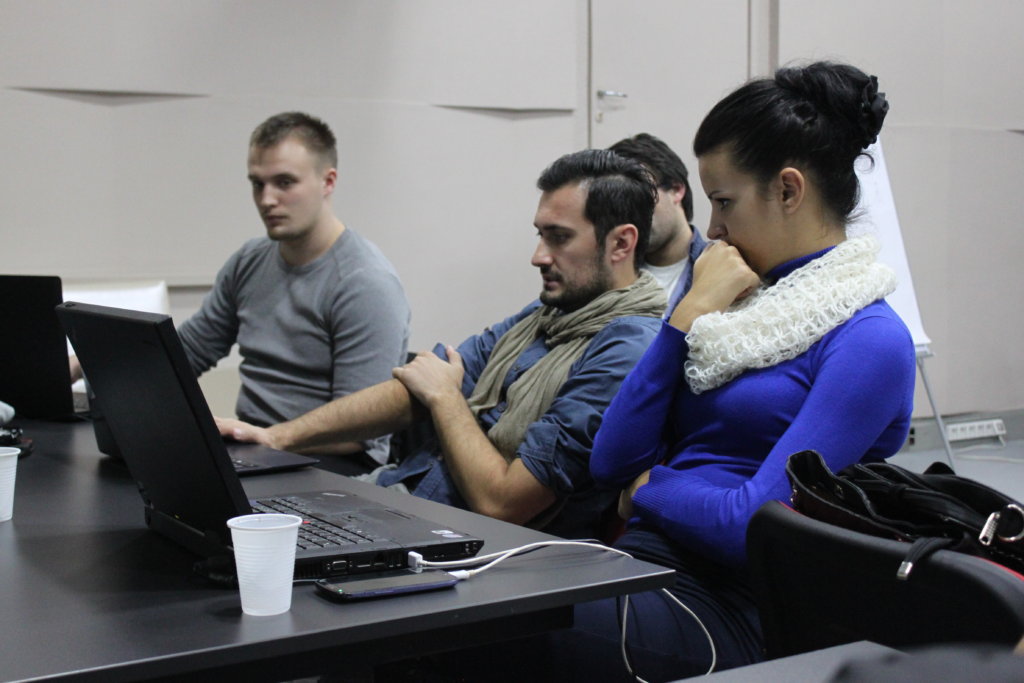- About
- Topics
- Picks
- Audio
- Story
- In-Depth
- Opinion
- News
- Donate
- Signup for our newsletterOur Editors' Best Picks.Send
Read, Debate: Engage.
| topic: | Health and Sanitation |
|---|---|
| located: | Bosnia and Herzegovina |
| editor: | Katarina Panić |
A young woman (identity known to the author) went into an appendectomy six years ago in the northwestern Bosnian town of Prijedor. After the surgery, it was revealed that she missed not only her appendix but the right ovary too. It turned out the surgeon removed the completely healthy organ. Unlike many people suffering because of doctors' mistakes, the woman decided to sue the surgeon. This month the final verdict was published: twelve months imprisonment.
"'Why are you complaining? You already have a child. You should be satisfied. Imagine how many women may not have children at all.' That's what they (the hospital staff) used to repeat when I learned what happened. It hurt a lot. That’s why I decided to go against them," the woman told FairPlanet.
The same doctor, Marinko Lovre, has already been fined €10,000 three years ago for taking bribes. He took €500 from Suljo Kusuran to make fake medical records for his son Dino. He made up the injuries allegedly caused by Bosnian police to take the money from the insurance in Switzerland where he lived. The police had a tip, the banknotes were marked, and the doctor admitted the crime.
The patients rarely complain about the medical staff. Firstly, there is an unwritten rule that doctors defend each other even if aware of a colleague's mistake. Secondly, there is fear among ordinary people of being deliberately mistreated in the future. The state Agency for the Prevention of Corruption says both audit reports and the perception of citizens show the high-level corruption in the health care system in the country. Yet more widespread than reported – only a dozen cases in the last three years.
However, these two examples reveal that the stereotype inherited from the communist-era about doctors being untouchable and unmistakable is fading down slowly. Their professional and moral integrity is being questioned both by ordinary people and by institutions.
It is a notorious fact the healthcare workers (as well as doing so self-willingly) encourage patients to offer bribes in order to provide, accelerate or improve the healthcare service. According to Balkan Barometer 2020, bribes remain most prevalent in the healthcare sector, from less than 10 per cent in North Macedonia to almost half of the population in Albania.
The Transparency International Bosnia and Herzegovina and the Centres for Civic Initiatives run the half million-euro worth project "Cure the Healthcare" funded by the EU. It emphasises the fields susceptible to corruption are more severe than making informal payments or giving gifts – public procurement, human resource management, conflict of interest, finance management.
"How is it possible that a half million-euro MRI has a one-year warranty and a ten-euro hairdryer a two-year warranty?" former Republika Srpska health minister Slobodan Stanić explained vividly.
Image by Marek Studzinski

